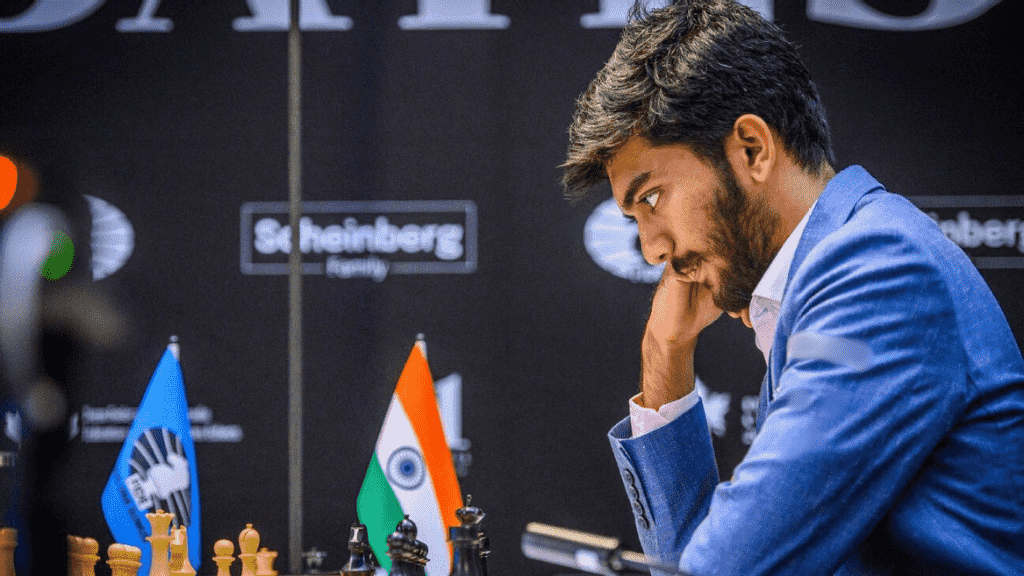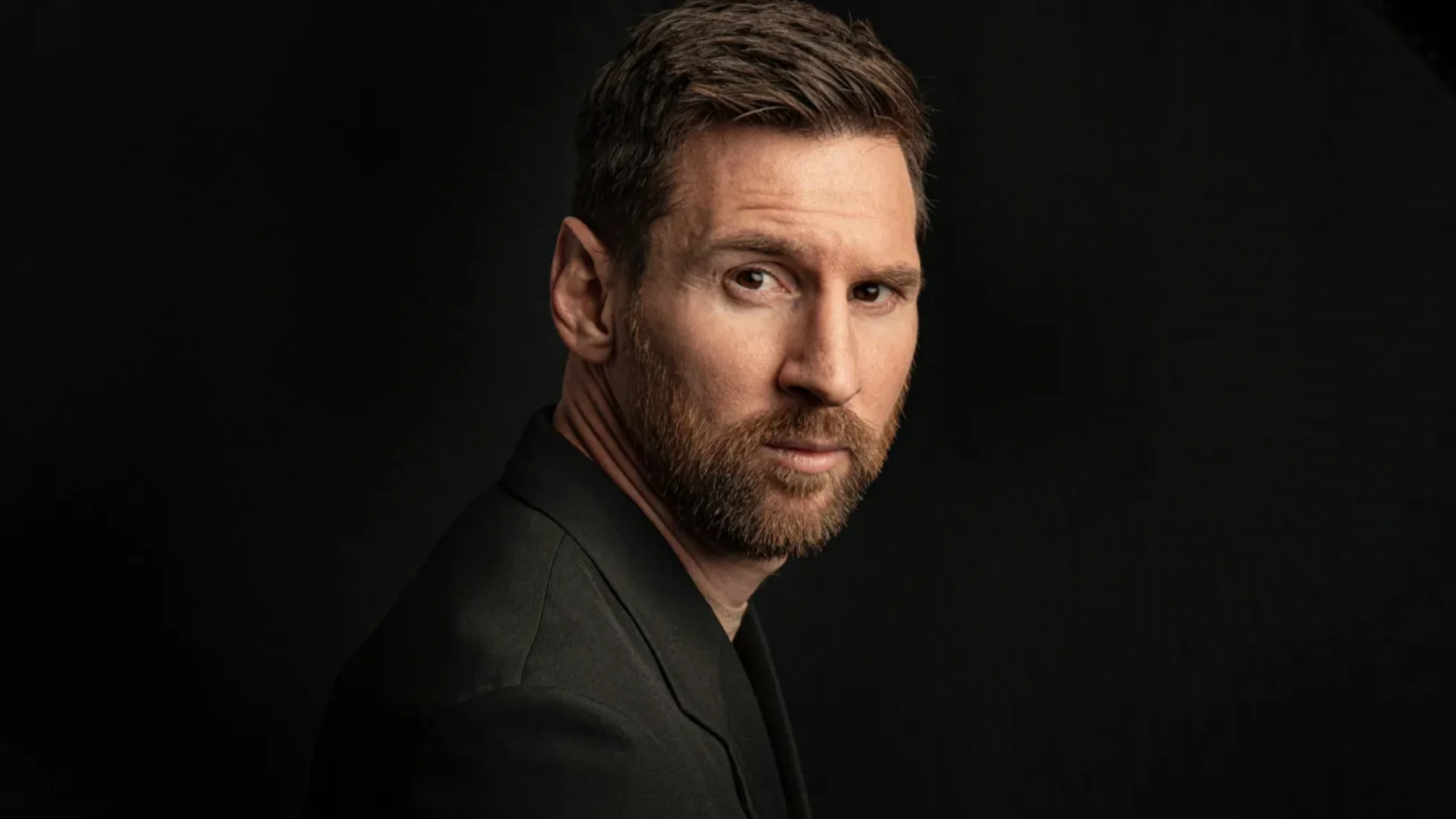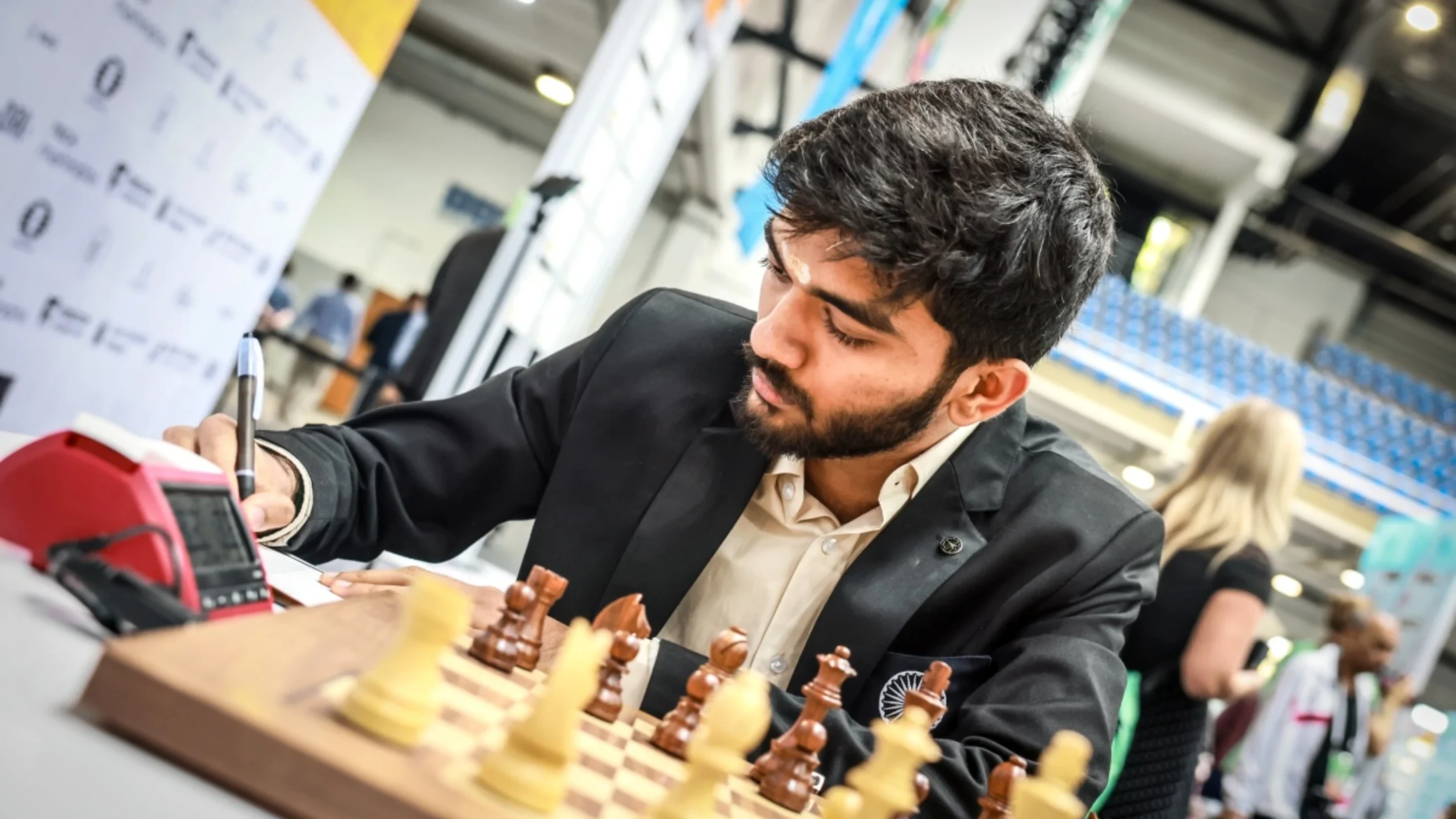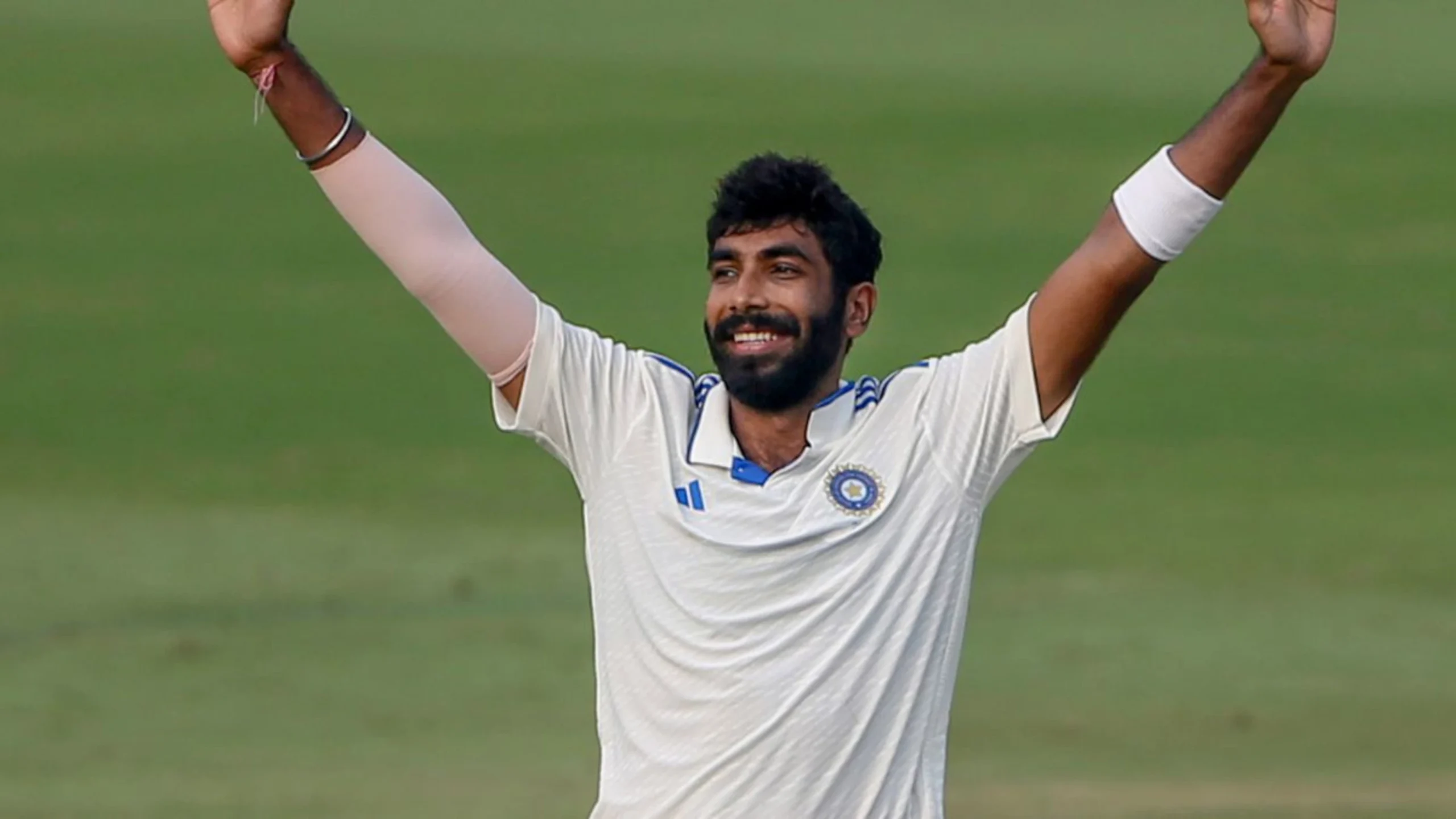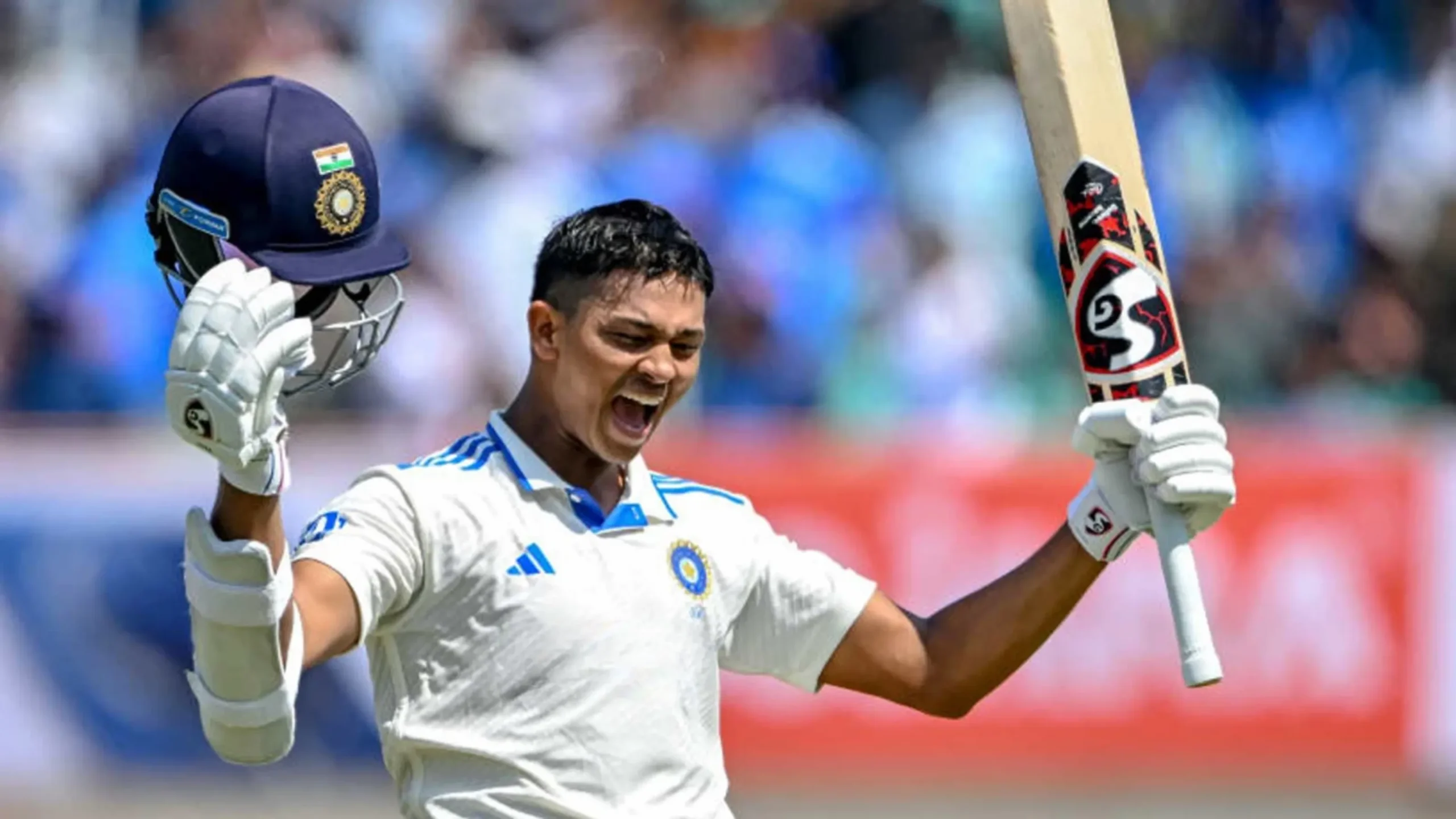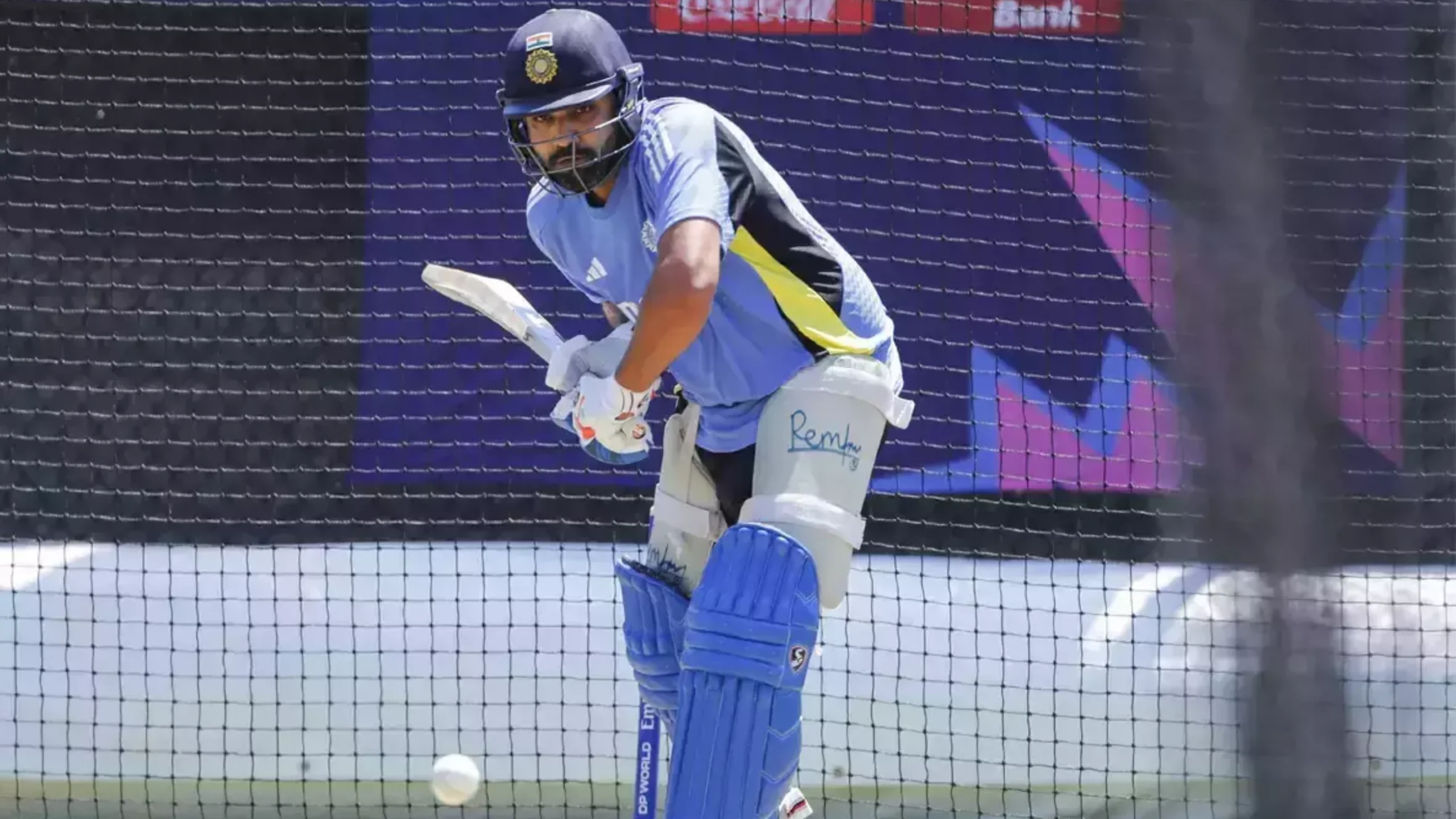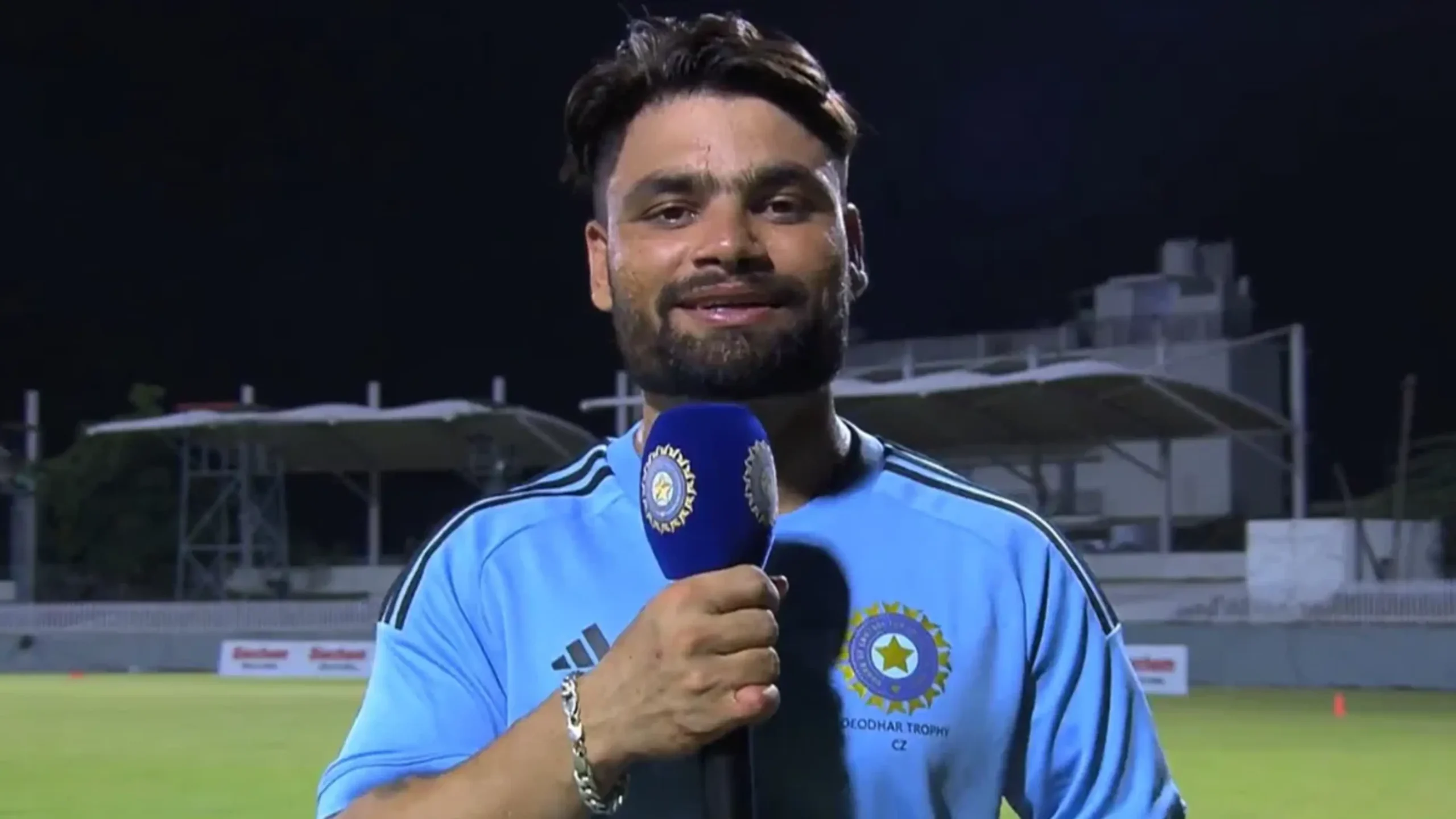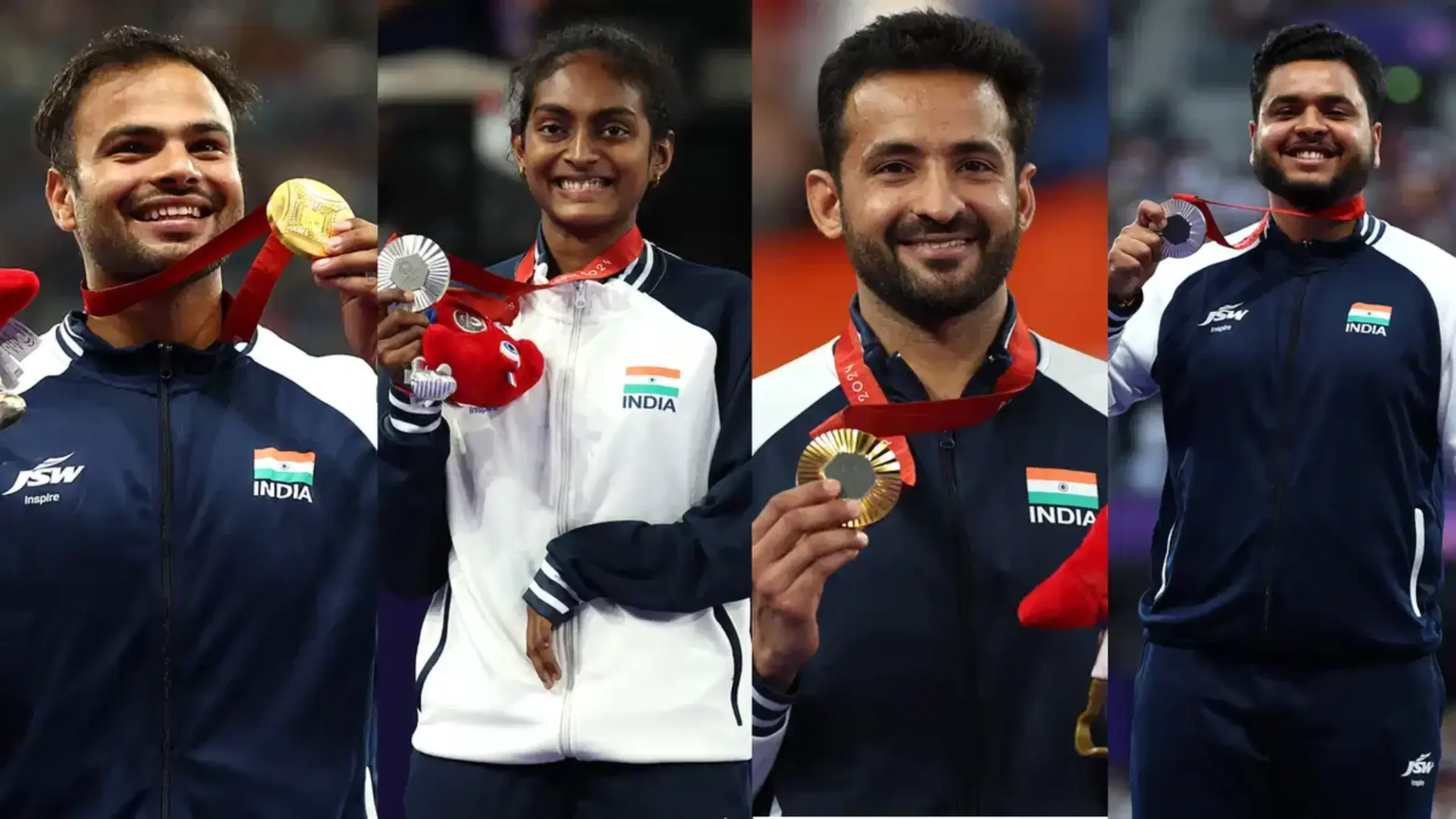After 14 rounds and more than three weeks of play, 17-year-old GM Gukesh Dommaraju won the 2024 FIDE Candidates Tournament and became the youngest player in history to win the Candidates Tournament. He will face head coach Ding Liren for the World Cup finals later this year. In a tough game that lasted almost six hours, GM Fabiano Caruana failed to win against GM Ian Nepomniachtchi to extend the competition a day added to the stoppage. With this draw in the game, Gukesh’s draw against GM Hikaru Nakamura is enough to move on. Former women’s world champion Tan Zhongyi won the 2024 FIDE Women’s Candidates Championship by a margin of 1.5 after leading the tournament throughout. He led the manager Anna Muzychuk, but the draw was still enough to win the tournament. He will face head coach Ju Wenjun at the next FIDE World Championship in 2025, which will be a rematch of their 2018 meeting where Tan lost.
Gukesh’s breakthrough last April broke several records. At 17, he is the youngest person to win the Candidates competition for more than three years. She will play in the first World Cup without a European player, which is also the Asian World Cup (except for the Women’s World Cup). He is the number one chess player in India in terms of ranking, and after this tournament, he is ranked higher than the current world champion, who is ranked seventh in the world, by one point. Its performance rating is 2847 over 14 colors. The World Cup has not been set yet, but we know it will happen this year. If Gukesh wins, he will become the youngest world chess champion in history. It is worth mentioning that the head coach Ruslan Ponomariov won the FIDE World Knockout Championship in 2002 at the age of 18, but at the time the world title was shared; Manager Vladimir Kramnik and the player he defeated in the 2000 tournament, Garry Kasparov, did not participate.
Gukesh was born in Chennai, India, where former world champion Viswanathan Anand grew up. In fact, he was seven years old when head coach Magnus Carlsen became the world champion in 2013, and the game took place in his hometown. He told FM’s Mike Klein that he remembered: “I started playing chess, I remember going to the hall for a game. It’s a big deal. I just started playing chess and this big thing happened in my country.”
11 years later, the same child has become a young man who will sit at the same table, figuratively speaking. At the press conference, Gukesh was asked when he knew he could win. His response showed his determination: “If I had to pinpoint the moment where I thought this could be my moment, it would be after the seventh game, when I lost Firouzja… Although I still have a painful loss, I feel very good. Maybe this death gave me a real motivation.”
Nakamura-Gukesh is the most important match, but it is far from chaotic. “I was just in a state of mind where I was doing my job well, playing a good game and seeing what happened,” he told Klein. “It turned into a full draw for the championship win, but he is ready to do it. Play a break if Caruana or Nepomniachtchi win their match.
“Not bad for second in the game,” general manager Robert Hess said of Gukesh’s game. Faced with an accepted Queen’s Gambit, Nakamura tried a pointless 7.a3, a surprise but one the Indian teenager was ready to take. Nakamura later called it a “little mistake.”


